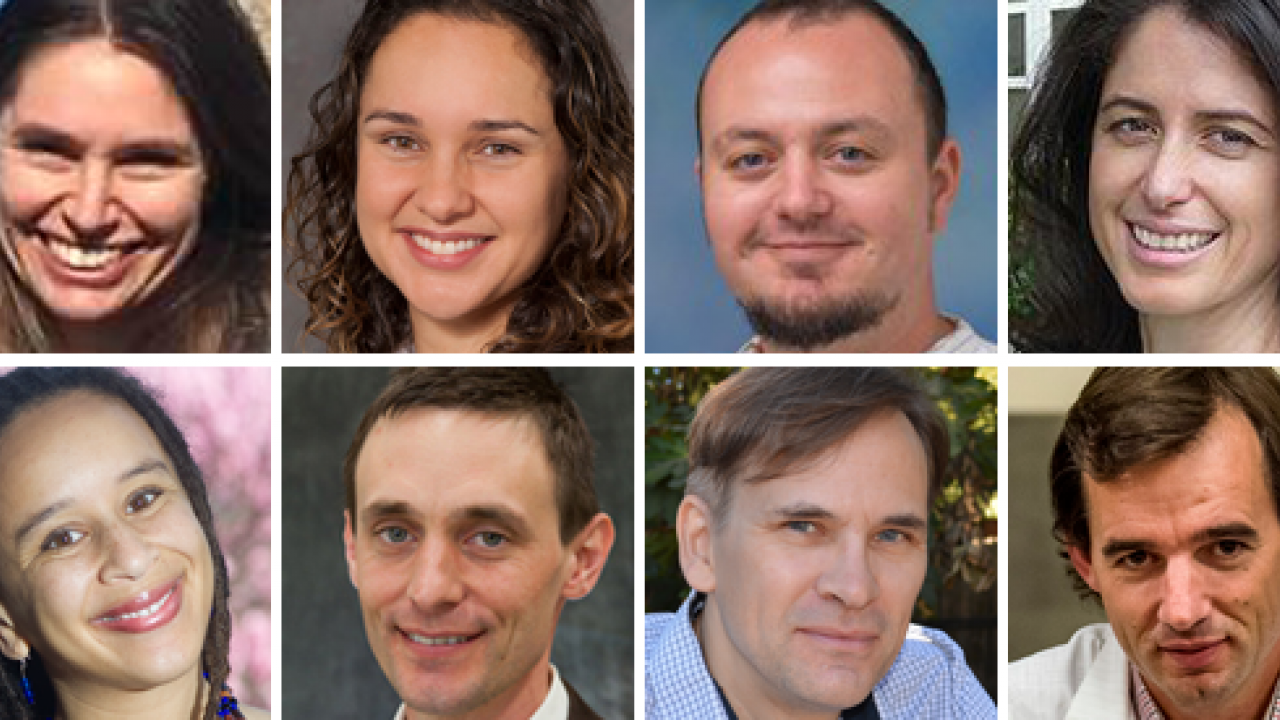They are prolific scholars, strong teachers, effective mentors and dedicated contributors to campus. Their work is novel, unique and cutting-edge, groundbreaking and pathbreaking.
These are among the superlatives in UC Davis letters of nomination for the university’s newest class of Chancellor’s Fellows in a program begun 18 years ago to provide philanthropic support to early career faculty members. This year’s fellows, 12 of them, are all associate professors; they work in fields ranging from optical imaging technology and assisted reproductive techniques in livestock, to social psychology, and Jewish and German intellectual history.
“I am proud to call all of them ‘Chancellor’s Fellows,’” Chancellor Gary S. May said. “They are the kind of stellar educators and researchers who make UC Davis a world-renown institution. They will likely go on to win more prestigious awards and grants in their fields, thanks to the early support of their research from this award.”
The “Chancellor’s Fellow” title is theirs to keep for five years, and each fellow receives $25,000 to advance their research projects and other scholarly work. Funding comes from private donations to the UC Davis Annual Fund and the UC Davis Parents Fund. See all Giving opportunities.
“At UC Davis, our donors make a meaningful difference in the world by encouraging innovation in teaching, research and other scholarly work,” said Shaun Keister, vice chancellor of Development and Alumni Relations. “This year’s cohort of Chancellor’s Fellows is a perfect example of the important work that is propelled by gifts of all sizes.”
Here are the new fellows (click anywhere in each box, to see the fellow's lab or faculty page):
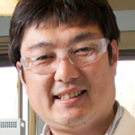
Shota Atsumi
Department of Chemistry
From fuels to paints to food flavorings, almost all industrial chemicals are based on fossil fuels (oil or gas) as raw materials. Atsumi wants to change that by engineering bacteria to convert renewable materials into biofuels, chemical feedstocks, or scents and flavorings. At this time, his lab is focusing on developing synthetic organisms capable of converting carbon dioxide directly to biofuels or other products.
‘Professor Atsumi has become a world leader in the field of developing solar biofuels from CO2.’ — Elizabeth Spiller, dean, College of Letters and Science
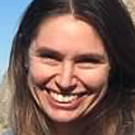
Marissa L. Baskett
Department of Environmental Science and Policy
She works at the intersection of ecology and evolution, using mathematical models to address issues related to fisheries management and climate change adaptation. Her research has helped show how marine reserves and coral reefs help fish populations, and how the combined effects of climate change and fish hatchery releases impact the health and persistence of salmon populations.
‘Her outstanding professional service is extensive for her career stage and includes a strong connection with fisheries advisory groups.’ — Helene R. Dillard, dean, College of Agricultural and Environmental Sciences
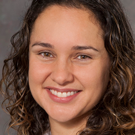
Siobhán M. Brady
Department of Plant Biology and Genome Center
She studies the network of genes involved in growing and maintaining the roots of plants, especially the xylem tissue through which plants move water from roots up through the rest of the plant. Roots are essential to the success of land plants, from the lab plant Arabidopsis thaliana to the tallest redwood. Brady’s lab works with Arabidopsis as well as crop plants such as tomato and sorghum.
‘I also note that Professor Brady has made significant contributions to broadening the participation of individuals from underrepresented groups in science.’ — Mark Winey, dean, College of Biological Sciences
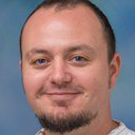
Jacob Hibel
Department of Sociology, Graduate Group in Education, Center for Poverty Research and Migration Research Cluster
He is a sociologist and a demographer, committed to research that leads to improvement in educational opportunities available to disadvantaged youth — for example, in his studies of educational outcomes in the context of immigration; racial-ethnic inequalities in special education; and impacts of the California Department of Education’s new Local Control Funding Formula.
‘He has developed a high-profile reputation for his ability to conduct sophisticated, quantitative analyses of complex data to address persistent and unanswered questions.’ — Dean Spiller, L&S
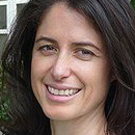
Katrina K. Jessoe
Department of Agricultural and Resource Economics
Her research focuses on electricity demand and water resources, domestically and internationally. For example, she explores how people adjust their use of water and electricity in response to environmental regulations, and, in some cases, extreme temperature fluctuations. Her research helped show how residential customers, when provided with real-time information about how much electricity they use, are more responsive to price changes.
‘This work is already having a large impact. The article already has an impressive 176 Google Scholar citations.’ — Dean Dillard, CA&ES
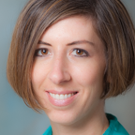
Alison Ledgerwood
Department of Psychology
She is a social psychologist who uses experimental methods and quantitative analyses to study how we understand other people, how attitudes form and are changed, and how social context influences these processes. In research popular with the media, she has looked at how lawn signs and other outward reflections of people’s election preferences influence their neighbors and friends.
‘Professor Ledgerwood’s research is unique and groundbreaking. Her publication history and her recent awards are testament to the quality of her scholarship.’ — Dean Spiller, L&S
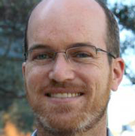
Lee Michael Martin
School of Education
He studies the ways in which students develop adaptive expertise in classrooms and informal learning environments — expertise to allow the students to overcome novel challenges. Informal settings include the “maker” movement, where Martin is looking into whether it may provide alternative pathways to careers in engineering and design for a more diverse population of students.
‘His research, as well as his work in the classroom, reaches out and touches students in a fundamental way that lights their curiosity as well as their self-efficacy.’ — Peter Mundy, professor and associate dean for academic personnel and research, School of Education
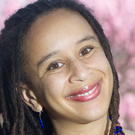
Beth Rose Middleton
Department of Native American Studies
She is the author of Trust in the Land: New Directions in Tribal Conservation (2011), in which she focuses on Native applications of conservation easements. In other writings, she considers creative ways of using environmental statutes and methodologies to recover cultural sovereignty and decision-making power over sacred sites.
‘Her works displays a remarkable understanding of the complex intersections among legal, cultural and environmental concerns, in a way that makes both theoretical and policy interventions.’ — Dean Spiller, L&S
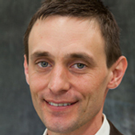
Adam J. Moulé
Department of Chemical Engineering
In developing new technology for solar panels, his laboratory works in the interdisciplinary area of organic electronics. They use a variety of characterization techniques to study fundamental processes like optical properties, structure, dynamics and mixing, as related to devices like organic photovoltaics, organic light emitting diodes and organic field effect transistors.
‘He has welcomed the challenge of teaching large enrollment introductory courses, and he has accepted cheerfully this difficult task (up to 470 students in one “General Chemistry” class).’ — Roland Faller, professor and department chair, and Spyros Tseregounis, senior lecturer and awards committee chair
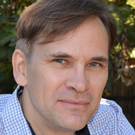
Sven-Erik Rose
Department of German and Russian, Department of Comparative Literature
Colleagues praise his writings and book — his first book, in particular, Jewish Philosophical Politics in Germany, 1789-1848 — which earned the Jordan Schnitzer Book Award from the Association of Jewish Studies. His published articles include work on writing and sexuality in Goethe, Jewish intellectual history, Yiddish Holocaust testimony and journalism, and theories of Holocaust representation and Holocaust postmemory.
‘Students consistently note the density and difficulty of the material presented, but praise the “insight” they have gained, the professor’s helpful feedback and the value of the writing assignments.’ — Dean Spiller, L&S
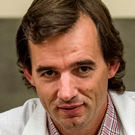
Pablo Ross
Department of Animal Science
A veterinarian and an animal scientist, he is working on the development of and application of assisted reproductive techniques in livestock species. His external colleagues note that his approach “lies at the very cutting edge of what is considered possible.”
‘Professor Ross’ intellectual acumen and insight enable his team to advance, at a remarkable pace, the field of developmental biology.’ — Dean Dillard, CA&ES
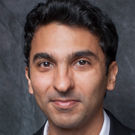
Vivek Jay Srinivasan
Department of Biomedical Engineering
He is developing new optical imaging technology that “sees” deeper into the living brain and makes out more detail in the living eye — for application in neuroscience in models of aging and dementia, and in ophthalmology in patients with diseases such as glaucoma. His imaging methods could ultimately prove useful in detecting diseases at an early stage when they can be treated most effectively.
‘He has an h-index of 37, according to Google Scholar, with over 6,000 citations to his published work. These are outstanding metrics for his career stage.’ — Simon R. Cherry, chair, departmental awards committee
Andy Fell, Dave Jones, Kat Kerlin and Karen Nikos-Rose, senior public information representatives in the Office of Strategic Communications, contributed to this report.
Media Resources
Dateline Staff, 530-752-6556, dateline@ucdavis.edu
